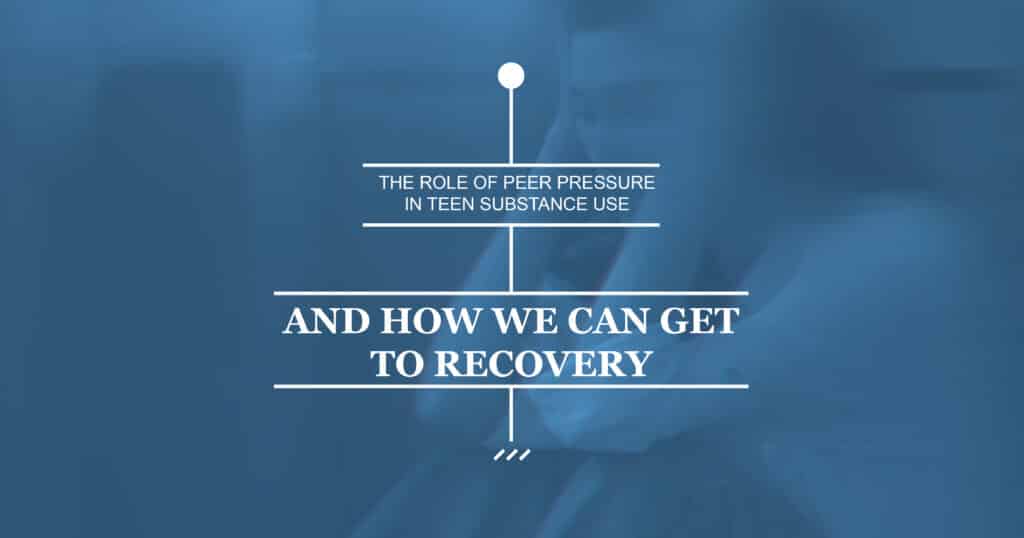Adolescence is a time of transformation and exploration where individuals begin to navigate the complexities of social dynamics. Peer pressure, an undeniable part of this journey, often plays a significant role in shaping the decisions teenagers make, including their engagement with substance use.
In this article, we aim to shed light on the connection between peer pressure and teen substance use. By delving into the reasons behind this association and exploring strategies to combat negative influences, we can better understand the factors at play and enable teenagers to make informed choices that prioritize their well-being.
The Influence of Peer Pressure on Teen Substance Use
To comprehend the correlation between peer pressure and teen substance use, it’s important to acknowledge the underlying motivations and societal dynamics. Let’s explore the key aspects surrounding this influential relationship:
- The nature of peer pressure: understanding the power of influence
- Normalizing substance use: The impact of social acceptance
- Seeking identity and belonging: The role of conformity
- Social media and peer influence: The digital age’s impact on substance use
- The relationship between peer pressure and substance abuse disorders
Combating Negative Peer Influences: Empowering Teens to Make Healthy Choices
While it may seem daunting, there are effective strategies to help teenagers resist negative peer influences and make decisions that align with their well-being. Here, we discuss practical methods to combat peer pressure related to substance use:
- Building strong relationships: encouraging open communication with trusted adults
- Educating on the risks: providing accurate information about substance use and its consequences
- Developing refusal skills: Equipping teenagers with assertiveness techniques
- Encouraging involvement in positive activities: offering alternative outlets for socializing and self-expression
- Promoting a supportive network: Surrounding teenagers with peers who share similar values
FAQs
Is all peer pressure negative?
Not all peer pressure is detrimental. Positive peer pressure can push teenagers towards healthy habits and positive behaviors.
How can parents and guardians support their teenagers in resisting negative peer influences?
Open and non-judgmental communication, setting clear boundaries, and promoting positive role models can empower teenagers to make informed choices.
Conclusion: Empowering Teenagers to Navigate Peer Pressure
Peer pressure is a formidable force that often molds teenage behavior, including their engagement with substance use. By understanding the complexities of this dynamic and equipping teenagers with the tools and knowledge needed to resist negative influences, we can empower them to make choices that prioritize their well-being.
Let us join hands in supporting teenagers in navigating peer pressure. By fostering a supportive environment and providing necessary guidance, we can help them emerge stronger, more resilient, and capable of making informed choices that will shape their future.




